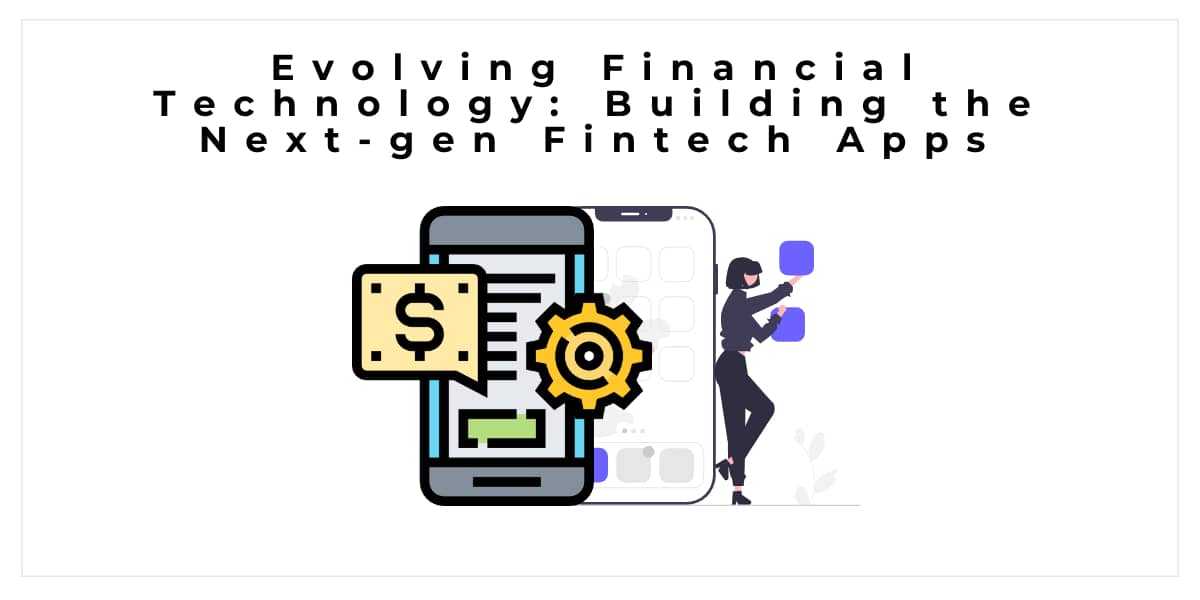The year 2020 heralded substantial changes across the globe. The onset of the pandemic introduced far-reaching consequences like extensive lockdowns, work-from-home trends, and a seismic shift in business strategies. Interestingly, every cloud has its silver lining. As industries grappled with these new challenges, they also evolved, with fintech application development being a beacon of innovation.
In particular, the financial sector witnessed the birth of new services, methodologies, and consumer-centric solutions. With individuals transacting from their homes, features like mobile banking, seamless digital payments, and instant money transfers took center stage. Consequently, 2021 saw an astronomical surge in investments within the fintech space, reaching an impressive $91.5 billion in just the first three quarters—almost double the entire amount of 2020. The State Of Venture Q3 ’21 report by CBInsights further highlighted the industry's potential with numerous fintech startups making their mark.
Given this backdrop, traditional banking institutions and emerging fintech startups are primed to invest in fintech application development. The aim? To craft transformative apps catering to diverse markets including C2C, B2C, and B2B.
Embarking on fintech application development? Monetization is paramount. Determining who pays—users, third-party vendors, or beneficiaries—can shape your monetization strategy. Here are some prevalent models:
- Subscriptions: A tried-and-true model, users enjoy a trial period, post which subscription charges apply based on the duration.
- Transactional fees: Especially relevant for mobile payments, fees are levied on certain transactions. Platforms like Payoneer exemplify this by offering competitive rates on global transfers.
- Ads & referrals: With a vast user base, personalized ads become a monetization goldmine. Users avail of free services peppered with tailored ads, while providers earn per conversion.
- Selling Big Data: Fintech apps gather rich financial data. Offering anonymized access to third parties, especially for marketing, AI, or machine learning purposes, can be profitable.
Investment in Fintech Application Development
Fintech application development is no minor endeavor, especially considering the multifaceted nature of financial tools. Integrations, top-notch security, and cutting-edge features all play a role.
Aspiring to build a fintech app? Brace for variable cost estimates, especially during the MVP (Minimum Viable Product) conceptualization. Yet, ballpark figures suggest:
- Basic iOS and Android apps: $100,000 - $300,000
- Comprehensive solutions with diverse features: $800,000 - $1,000,000+
In a world transformed by financial technology, delving into fintech application development offers unparalleled prospects. Visit website to embark on your fintech journey.








